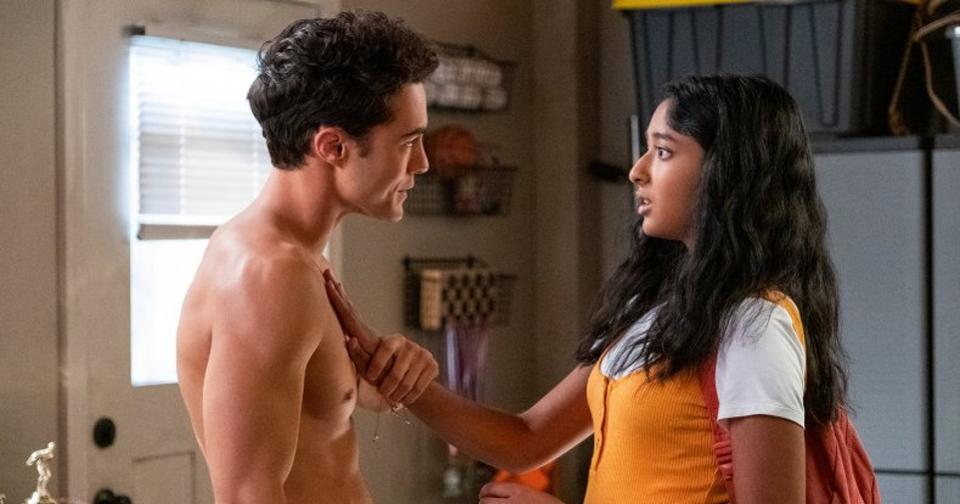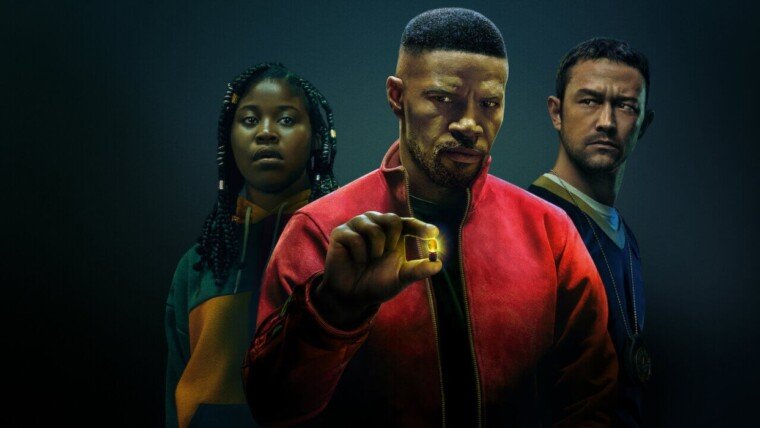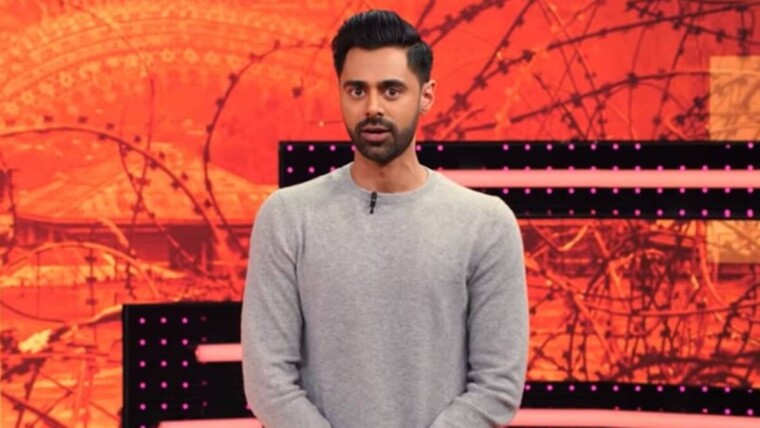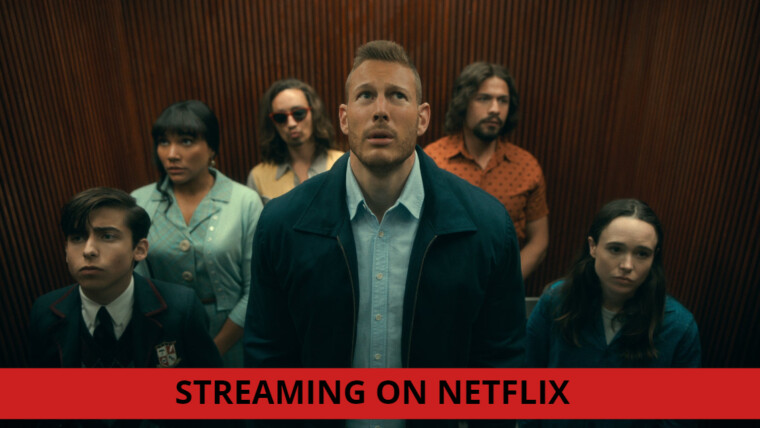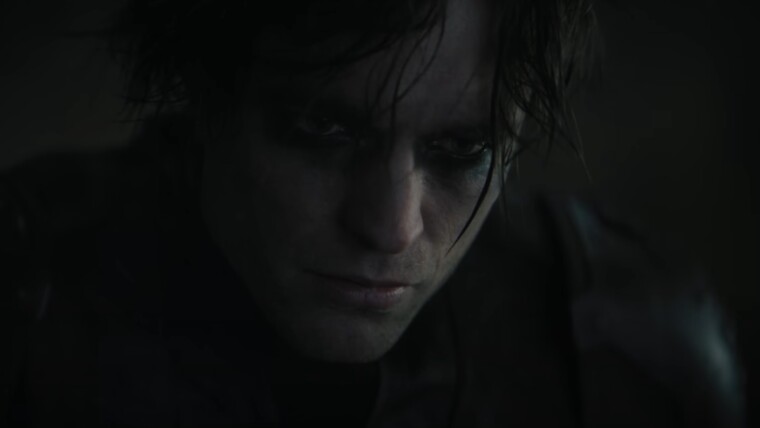Never Have I Ever has been receiving mixed reviews from critics. I fall in the positive camp. I binged the entire series in a day and it was an absolutely delightful experience. I laughed, I smiled and I bawled my eyes out. And if you’re from an English speaking Indian family, a lot of what goes on in the series is super relatable.
In a recent interview, Never Have I Ever lead actress, Maitreyi Ramakrishnan talked about how so many people are feeling a personal connection to the series. The Sri Lankan Tamil descent (as a Sri Lankan myself, I feel obliged to mention this #Represent) actress said:
“It’s awesome because I’m seeing so many people saying, ‘Oh my God, I can relate to this so much.’ Whether it’s something as simple as one of the arm hair jokes — because let’s be real, even though I’m 100% confident with my arm hair, there are days where I go up to my father and I say, ‘Why did you do this to me? Why can’t you give me anything else?’
Or somebody saying, ‘Thank you, this made me really realize I have some unpacking to do with the loss of a family member’…That’s all I wanted from this show. Emmys for the cast, Emmys for the direction, a Nobel Peace Prize — I’m not opposed — but, in all seriousness, this is all I wanted from the show.”
Ramakrishnan also talked about how it’s important to have people of colour characters that aren’t just comic relief and sidekicks.
“For a lot of people of color and the South Asian community — I can speak for myself here when I say that we’re so used to being sidekicks, we’re so used to being comedic relief. And sure, there’s nothing wrong with being a sidekick or being funny or the comedic relief … but it isn’t okay when it’s offensive and when that’s all you get. Suddenly, all you’re doing is you’re seeing yourself as a sidekick, as not as important. And when you do relate to a character, they’re usually Caucasian and then you realize you’re living your life in the shadows as a person of color and you’re only able to see yourself through white characters, which is not totally okay either.”

